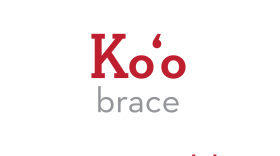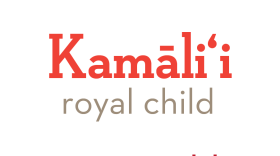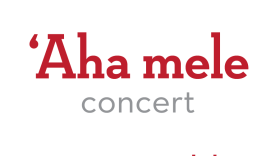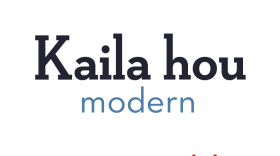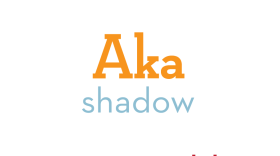-
Did you ever sit on a stool without a back and wonder what to call it in Hawaiian? Well, you might say noho kū.
-
Our Hawaiian word for today is leo ʻekolu, literally third voice, it is how we say tenor in Hawaiian. Leo means voice, and ʻekolu means three. Not counting falsetto, leo ʻekolu is the highest of the male voices.
-
Not to be confused with kamaliʻi, which means children, kamāliʻi means royal child. Kamāliʻi has a macron or kahakō over the second letter “a” — that's the difference between the two words. So a kamāliʻi kane is a prince.
-
Kūhiō, the beautiful name given to a major avenue in Waikīkī, a beach, our federal building, and so many other place in Hawaiʻi is so often mispronounced, that we chose it for our Hawaiian Word of the Day.
-
Pu'uwai means heart. And since it is that time of the year when we all celebrate Valentine's Day with hearts and flowers, you'll find a use for this handy word.
-
Pea kiʻi is one way to say teddy bear. And lots of folks are probably shopping for those cuddly little toys as Valentine's Day approaches.
-
Wela means hot. You'll hear both wela (well-a) or wela (vel-a) as correct pronunciations, depending on the sound it follows. Wela means hot, burned, heat, temperature, but can also mean “lust” or “passion” or “feeling lust.” Wela wela is “doubly hot.”
-
ʻOhana ʻālani, or orange family, is how we say citrus in Hawaiian. ʻOhana of course is family, and ʻālani for orange.
-
Ulia kaʻa is an auto accident, and we hope you never have one. But if you do, you'll know what to call it, ulia kaʻa.
-
ʻAha mele means concert. ʻAha is a gathering, and mele is music. So ʻaha mele is a concert.
-
Kaila hou is how we say modern in Hawaiian. Literally it means new style. Kaila means style and hou for new.
-
On the mainland, folks believe that if the groundhog comes out on February 2 and sees his shadow, there will be six more weeks of winter. Our Hawaiian word for today is aka, for shadow. You'll see more shadows than groundhogs in Hawaiʻi!





